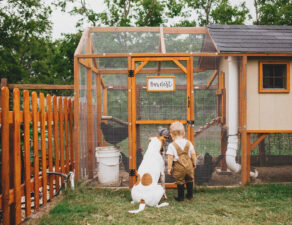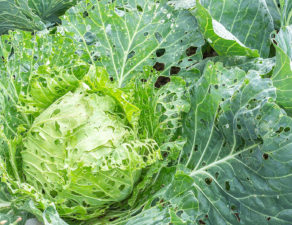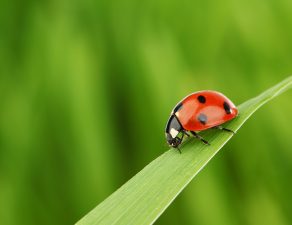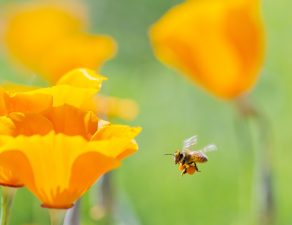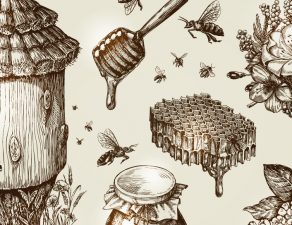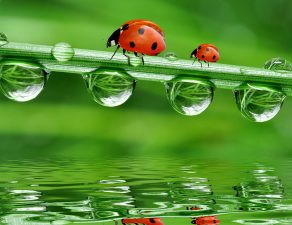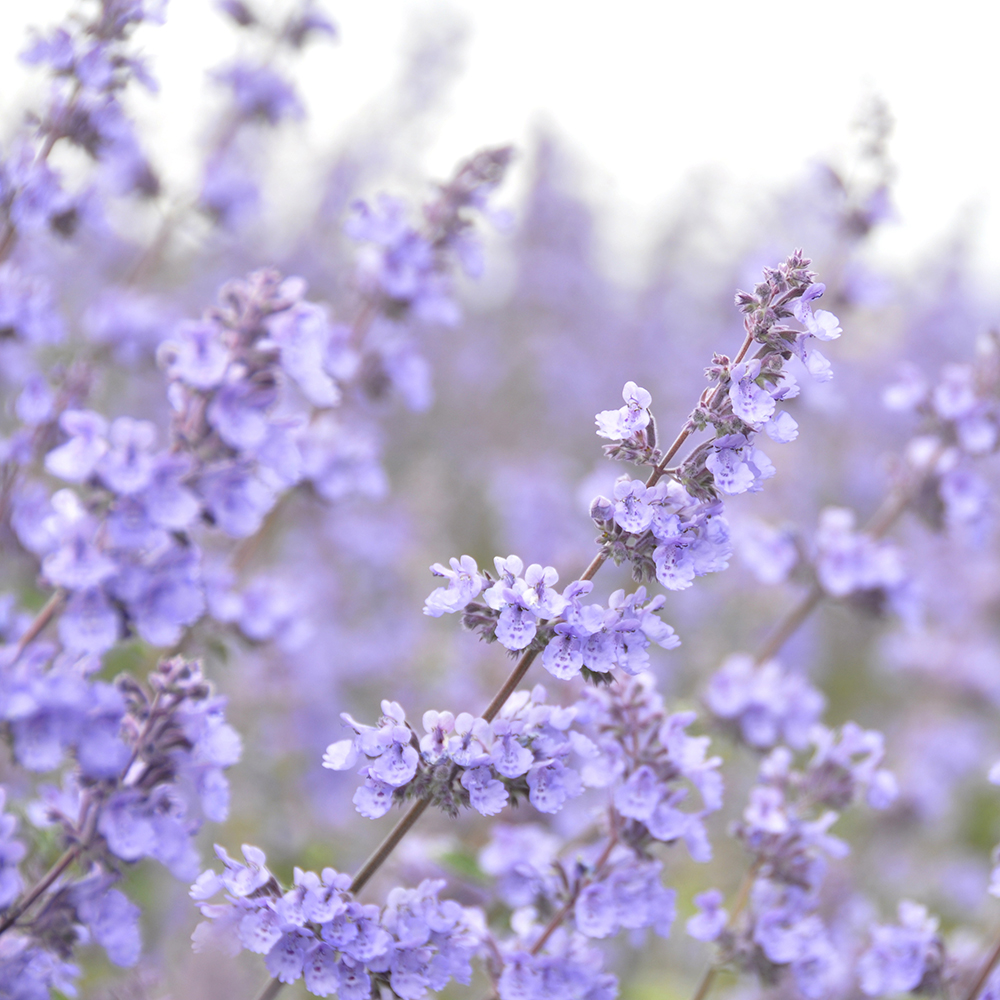
After all of the hard work you’ve invested in your garden, the last thing you want to see is a swarm of invasive pests. Unfortunately, that’s just one part of life, especially for avid gardeners. But with a keen eye for details, you can spot a problem before it inflicts too much damage on your yard. Here are some of the most common summer pests, and how to spot them.
Japanese beetles. You might spot these feeding on your roses, zinnias, and deciduous trees and shrubs. Weekly applications of insecticidal soap or neem oil might be necessary during the worst of an infestation.
Spider mites. These tiny pests hide on the underside of leaves, and you might not even notice them until the leaves turn yellow. So remember to check underneath! Spider mites don’t like being wet, so spraying the underside of leaves with the garden hose can persuade some of them to move away. Insecticidal soaps are also effective on these pests.
Aphids. These little sap suckers will attack leaves, stems, fruits, and flowers of plants, so they can be extremely damaging. If you see curling or yellowed leaves, and you notice a sticky honeydew-like substance on them, you probably have aphids. A variety of “natural” solutions are used by gardeners to control aphids, such as neem oil, soap and water solutions, and diatomaceous earth. Don’t apply diatomaceous earth to blooming plants, though; it’s dangerous to pollinators. Since ladybugs feed on aphids, releasing them into your garden might be a good idea. Garlic, chives, and catnip can also repel aphids when planted in vegetable gardens.
Mosquitoes. These aren’t exactly a garden pest, but we’re including them because mosquitoes can pose a danger to humans. Remember mosquitoes breed around pools of standing water, so empty buckets, baby pools, and other sources of standing water around your home in the heat of summer.
Just a quick note on stinging insects… Many of these are a major pain, literally! It’s understandable that you wouldn’t want hornets or wasps around your house. But do remember the important ecological role that bees play, in pollinating our flowers. So please, do exercise caution as you remove nests of stinging insects.
These are just some of the more common garden pests that we can experience in the summer. For help identifying and treating your particular pest problem, give us a call or come to visit us at our nursery.

